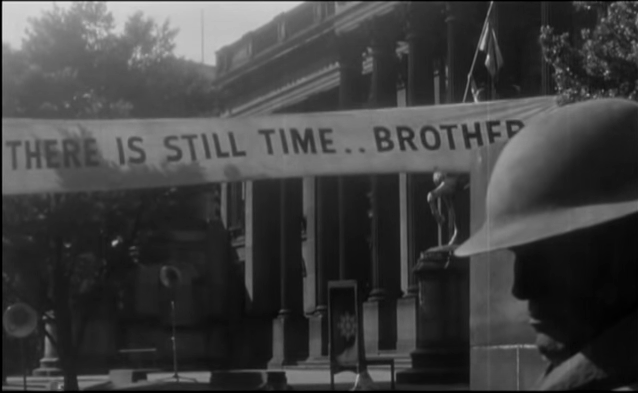Having spent the last 3 years and change at a fintech company in San Francisco, I landed in Cambridge, MA in January thrilled to break out of my office walls for a period of time to learn from and collaborate with 16 other cyber-geeks in an academic setting. The inaugural Assembly gave me an excuse to get back into the classroom, to nerd out on books, articles and (gasp) law cases, and to set aside some of the daily concerns of an industry job to think big for a few months.
While Assembly has certainly given me a change of scenery (read: views of the golden gate bridge swapped for views of snow banks), the experience has in many ways more closely resembled my day job than I expected.
For starters, my peers at Assembly are not so different from my InfoSec coworkers back home. At the end of the day we’re all security freaks, and I’ve felt right at home in Cambridge discussing with fellow Assemblers our preferred 2FA methods or complaining about the latest social app that demands every ounce of our Facebook data to sign up. We all know too much, and we all share a cynical, paranoid side that I personally wouldn’t trade for anything.
I’ve also felt “right at home” in Assembly for another reason: like my gender-skewed team back home, I am part of a small minority of female Assemblers, and it only feels natural that I’m the lone woman in most meetings. That said, the ratio of women in Assembly is quite impressive (30% here vs. 13% on my security team in SF), and the women themselves even more impressive.
Of course there are also many key differences, most of which make Assembly so exciting. Unlike my job back home, I’m not driven to generate ideas that generate revenue or to make decisions based upon specific business needs. At Assembly, the only business is the business of making things better for as many people as possible, no strings attached. That’s a pretty rare and awesome opportunity.
Another liberating aspect? I don’t have to consult a lawyer each step of the way (ironic coming from someone who will begin law school next fall!). One of our advisors, Andrew McLaughlin, gave a talk early in the program on how to turn an idea into reality, and the entire room laughed when I asked at what stage we should seek legal advice. The old Grace Hopper mindset that “it’s easier to ask for forgiveness than it is to get permission” clearly works much better around here than at a publicly traded company in Silicon Valley.
One final adjustment I’ve had to make since arriving in Cambridge falls under the embarrassing “Silly Valley” category of #entitlement. I’ve had to relearn how to grocery shop and make my own coffee and meals…. because no more pour over coffee stations, microkitchens full of snacks, and dining halls serving warm food. You can ask my fellow Assemblers the number of times I’ve used the word “Hangry” (Hungry x Angry) since arriving, but hopefully that’s trended down as I’ve adjusted back to the real world again.
Now that I’ve reached the halfway mark of my time in Cambridge, I can say with confidence that I (and the rest of the Assemblers) have had plenty of time and space to think big. We’ve had no choice but to think big given our epic Assembly challenge of figuring out how to “move beyond a world where virtually every computing device and network is insecure.” While I can’t promise you that we’ll have it all figured out by the end of our 14 weeks, given the current trajectory of our various projects, I can promise you that we will make a small yet important dent. And when we disperse back to our homes at the end of our stint, we will certainly take a piece of the “think big” Assembly spirit with us.


Recent Comments